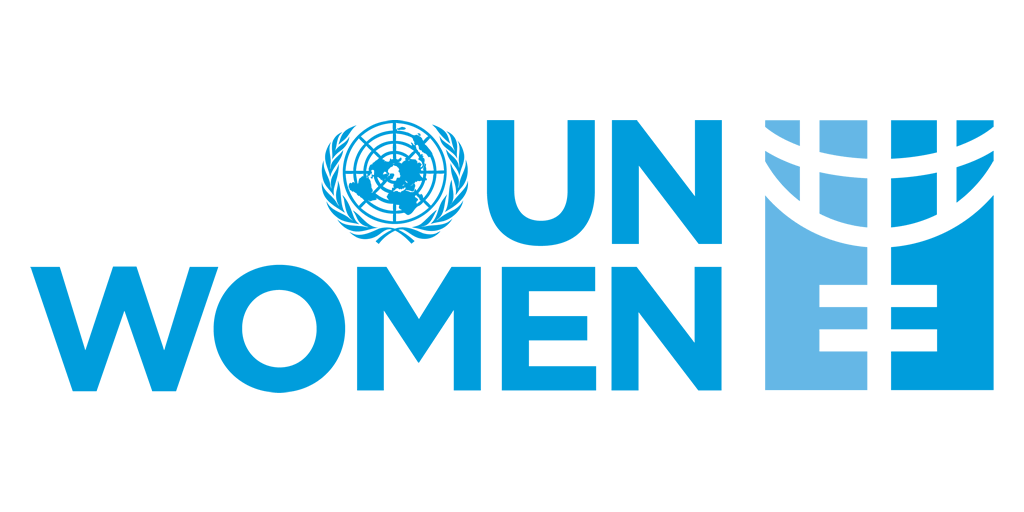There are few more extreme reflections of deeply entrenched discrimination against women and girls than female genital mutilation. It is deeply rooted in communities’ gender and social norms and cultural and religious traditions. There is no way to change such harmful practices without challenging these discriminatory norms head on.
UN Women statement: International Day of Zero Tolerance for Female Genital Mutilation
The International day of Zero Tolerance for Female Genital Mutilation is an opportunity to focus efforts and build upon successful interventions. These include investing in the education of girls and their mothers, health education and community dialogues with parents and traditional and religious leaders. Men and boys also have an important role in transforming social and gender norms to end female genital mutilation as key change agents in prevention initiatives.
2023 sees the hard-won rights and freedoms of women and girls around the world under threat. The impacts of health crises, climate change and ongoing conflict increase their vulnerability to harmful practices, while also undermining programmatic efforts that have been making important progress. This is not a time to step back from efforts to end FGM, but rather to redouble them. Women and girls have a right to live free from all forms of violence, have decision-making power over what happens to their bodies and equal access to education, employment, and income-generating and leadership opportunities. These rights imply duties in everyone to respond and to do so with urgency.
This International Day is also an opportunity to recognize the role of women’s rights activists working on the front lines to protect and support many millions of women and girls. They are the ones making the difference. They deserve every support.
Building on the strength of the multi-stakeholder partnerships of Generation Equality and its Action Coalitions, in collaboration with sister UN agencies, UN Women will continue to work with women and girls to accelerate the abandonment of this harmful and often deadly practice. We will engage in concerted activities with men and boys and traditional and religious leaders to build political will and reverse discriminatory laws; enforce existing laws and policies; support women’s economic empowerment and scale up evidence-driven prevention programming to create new norms that are survivor-centered, trauma-informed and emphasize accountability for ending FGM once and for all.
